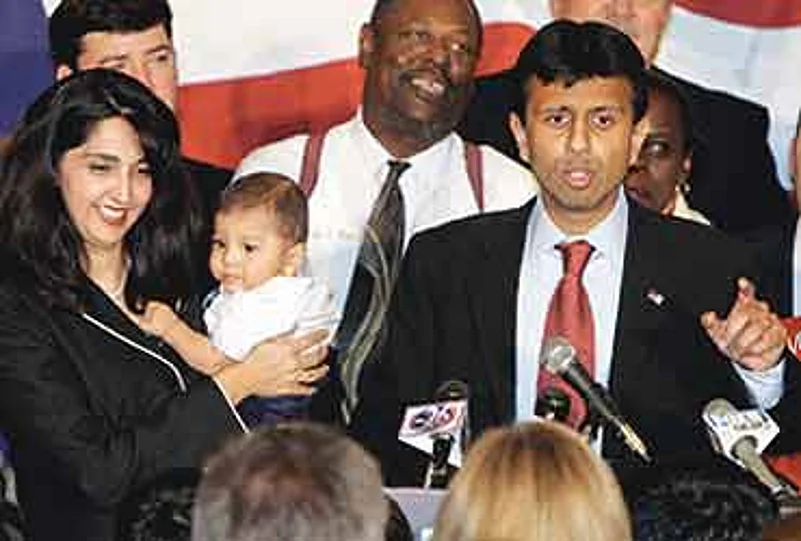
There was important history-making for Indian-Americans as well. The Republican wave brought Bobby Jindal, a Rhodes scholar and an upright member of the Christian Right, into the US House of Representatives. He is only the second Indian-American to win a seat in the national legislature, a significant milestone for the community. He trounced his opponents, savouring a sweet moment after his failed bid to win the governorship of Louisiana last year.
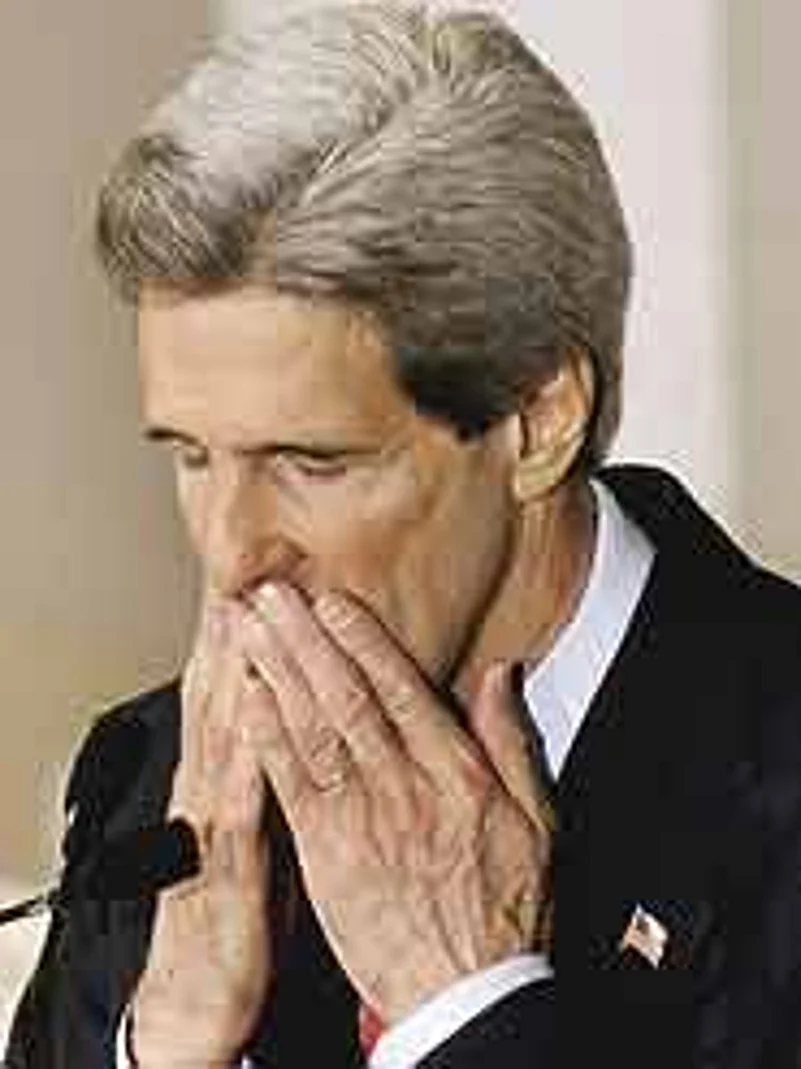
Vice-president Dick Cheney seized the election verdict as a mandate for Bush's "clear agenda" or, as some might say, his own. The Democrats, disheartened and feeling hollow, emphatically stressed that it was no mandate. The country is divided and angry with Bush's policies at home and abroad. If 59 million Americans voted for Bush, 55 million did for John Kerry. If white evangelicals surged for Bush, African-Americans came out for Kerry; if 'security moms' went for Bush, the independents supported Kerry; if seniors voted for the president, the young generation was behind the challenger. But they willingly admitted one hard truth—the Republican grassroots were deeper, wider and stronger. All the hoopla around a student revolution remained just that, and only 17 per cent of the total vote came from students, not a whit more than in the last election.
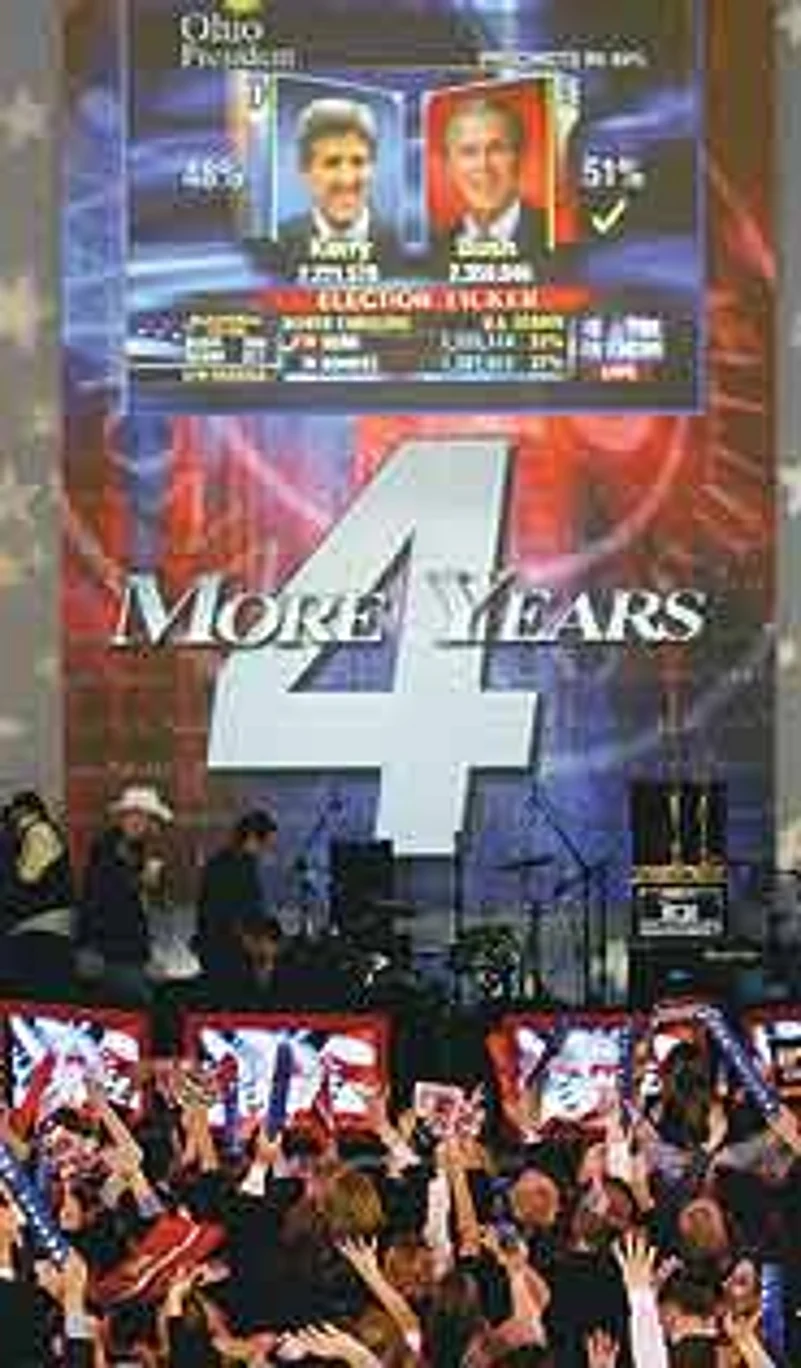
As one half of America and most of the world adjusts uncomfortably to the idea of four more years of Bush, imposing questions remain about the nature of his second term. Will there be "four more wars", as a senior Democrat quipped disdainfully, or will Bush try to heal a fractured world, burning in parts thanks to his unilateralist war against Iraq and breeding more anger in the Muslim world than many gods can calm? Will he tone down the rhetoric or heat it up? Will he forcefully squeeze Iran to abandon its nuclear ambitions and create the next major crisis? And will he leave North Korea, the most inscrutable member of the "axis of evil", for China and others to resolve? There might even be a nasty surprise for India in the shape of F-16s for Pakistan in the new year.
The US is clearly the most powerful country in the world but its military is bogged down in Iraq. There is a pressing need for international support, especially from the United Nations, and Bush might find it necessary to make more friends and fewer enemies. British Prime Minister Tony Blair articulated his fond hopes within hours of Bush's re-election, saying "the single most pressing political challenge" was rejuvenating the peace process in West Asia.But Blair's ability to influence Bush in the first term was minimal and it is unlikely to multiply in the second given the changed landscape of the Republican Party.
"Many will hope for a repeat of the second Reagan administration, when realists won out over ideologues. But the Republican Party has changed enormously over the past 20 years. The internationalist wing of the Republican Party has been displaced," says Michael Krepon of the Stimson Centre. The few voices that remain are forcefully sidelined by the dominant wing. Bush II could lead to a "global non-cooperation movement", especially if key players remain the same, warns George Perkovich, a reputed nuclear expert at the Carnegie Endowment for International Peace.
The ruling circle of neo-conservatives and hardliners is led by Cheney and includes Pentagon's Paul Wolfowitz and Douglas Feith who together pushed for the war in Iraq, and John Bolton, chief of the State Department's non-proliferation policy, who is eager to tackle Iran. Bolton, an ideologue, is widely perceived as someone who sheds diplomatic blood with every move. "Cheney and Bolton insist they don't want to deal with governments they find objectionable. They want to make no bargains, offer no positive incentives," Perkovich says. "In Cheney's view, we have this great power and we can force change and we really don't need other countries. If the President doesn't overrule that view, Iran could become a hopeless case," he adds. In his view, the only way to stop Iran from acquiring nuclear weapons is for the US, Europe and Russia to have a united front and possibly offer incentives. But there is fear that if the Europeans were to craft a deal, Bolton may reject it.
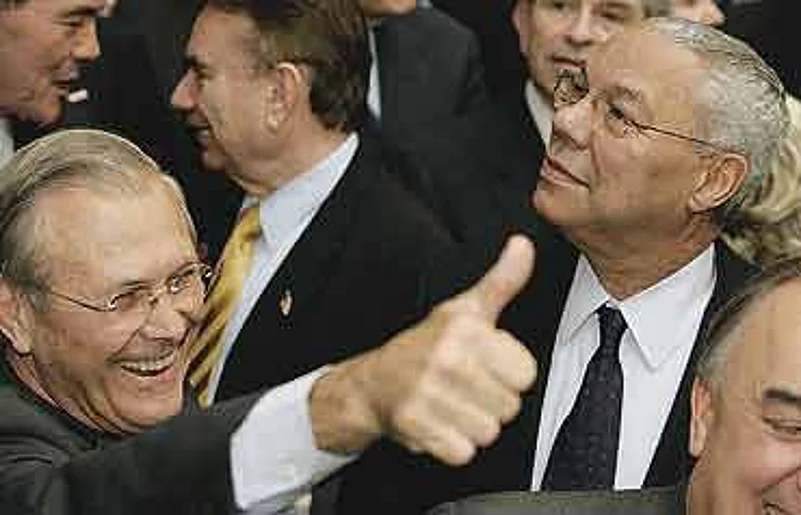
Policy options for Iran are limited, especially military ones, according to Krepon. "US armed forces are stretched thin because of Iraq, where they are vulnerable to Iranian retaliation to US initiatives," he says. David Albright, a respected nuclear expert and president of the Institute for Science and International Security, agrees that without a change in personalities, policies would not change. The intense disagreements between the state and defence departments may continue, tying world issues in knots. Cheney and Bolton will oppose any reduction in the US nuclear arsenal which the developing countries, including India, may demand during the review conference of the Nuclear Non-Proliferation Treaty next year, according to Albright.
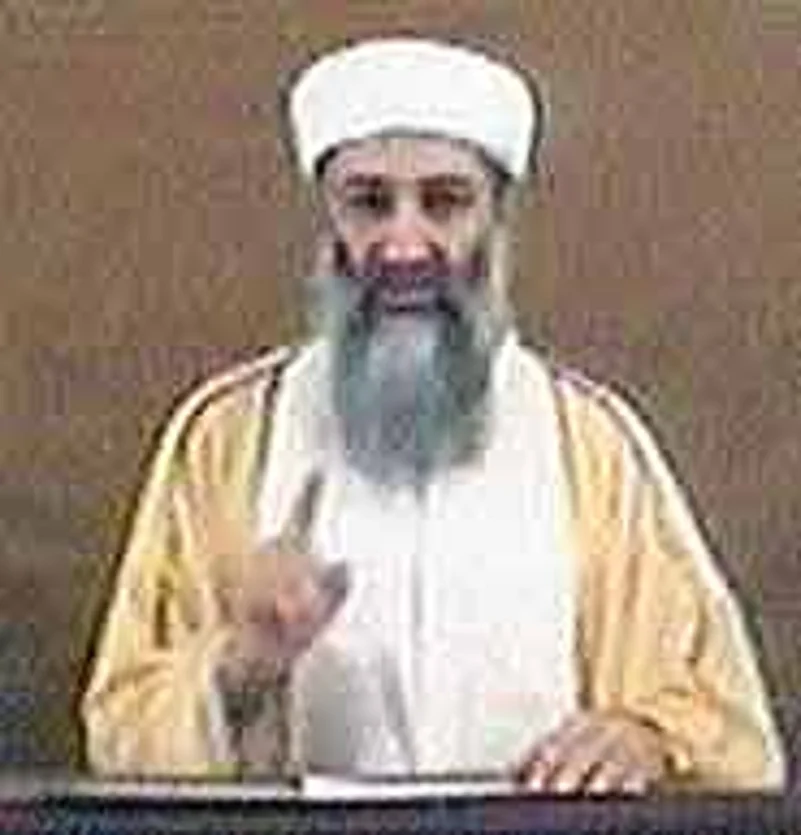
Iraq can brace itself for intense US action for there is little doubt that preparations for a major operation to flush Falluja of insurgents are under way. It could be a matter of days before US troops are ordered into battle, say analysts. Once Falluja is pacified—no doubt at great cost to the Iraqis—freedom will be on the march, as Bush is fond of saying. A quiet Falluja will remove the hurdles for conducting Iraqi elections in January. Another domino will then be claimed for democracy. No opposition is likely from the American people since, for Bush supporters, the war on Iraq merges effortlessly with the war on terrorism. A survey of Bush voters shows that the two wars are indistinguishable for them and therefore the issue of one being justified and the other not is irrelevant. "He takes the war to the terrorists. He is pushing them to other countries," says Zach Zachariah, a wealthy Indian-American doctor who helped raise close to $40 million for Bush. His was a typical response.
Kerry's aggressive critique of the execution of the Iraq war shook few Bush supporters, who see a straight link between Osama bin Laden and Saddam Hussein. As a result, instead of a great crossover of voters, there was an outpouring for Bush".The re-election of the President shows that the last four years were not an aberration and that Americans are prepared to tolerate, if not endorse, a foreign policy that does not rely on alliances with our international partners for validation or support," says Lee Feinstein, director at the Council on Foreign Relations. But he adds that the French and German governments are privately delighted at the outcome of the US elections. "A Kerry administration would have pressured them to contribute to the Iraq effort despite domestic opposition to the war. With Bush in place, they can continue to have the United States as a whipping boy, while dodging their international responsibilities," he says.
But surely there are deeper reasons for the trans-Atlantic divide. Bush's America is pulling away fast from Europe. British commentator Jackie Ashley wrote in The Guardian that his victory is "a victory for the Christian fundamentalists who believe their country has been chosen by God, and that Bush is the Creator's chosen instrument; and a victory for the neo-conservatives striving to build an American imperium. He is a self-certain man who represents a political culture we have not seen in Europe for a long time. We have had modern and post-modern; in politics we are getting pre-modern, too".
But if Bush wants to bridge the divide, he can certainly push a new agenda through the Congress, say Democrats. The House of Representatives now has 234 Republicans to 200 Democrats and one independent while the Senate is weighed 55 to 45. But optimism runs low among Democrats who have been brutally shut out of the legislative machine since Bush became president in 2000, often barred even from key meetings. "Bush has been one of the most radically divisive presidents in history," says a key Democrat senate aide. He doesn't think Bush would become a unifying force after ruling from the Right for four years. "He will take this razor-thin majority and reshape the country even more." But maybe god will show him another way.

























